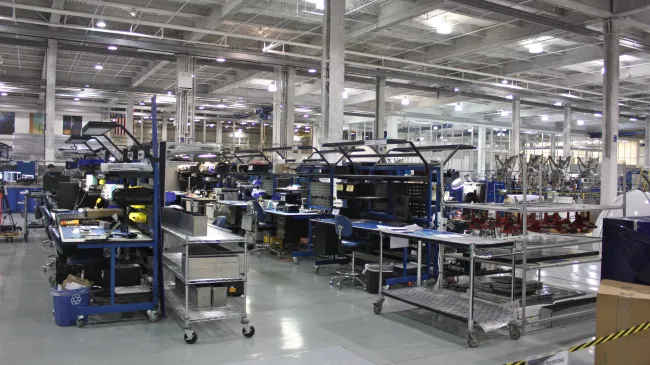The Gang of Eleven
Economists are fond of writing open letters to politicians in attempts to lead them down "proper" policy paths. In 1930, a thousand economists signed an open letter to President Herbert Hoover asking him not to sign the infamous Smoot-Hawley Tariff. Hoover signed it anyway, creating one more disastrous policy mistake that ultimately created the Great Depression.










